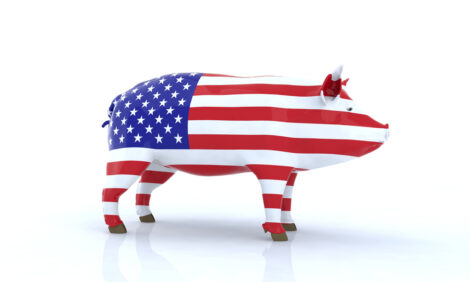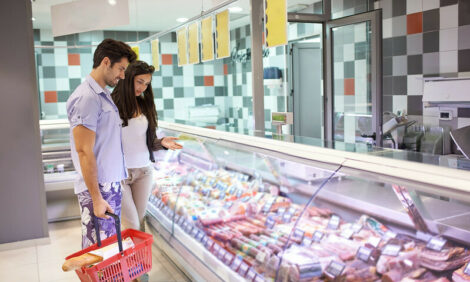



South Africa Finally Agrees to Resume US Pork Imports
SOUTH AFRICA - Negotiations between South Africa and the US on key areas related to the importation of poultry, beef and pork from the US to South Africa were concluded at a meeting on 6 January 2016.Only a limited number of US poultry and meat products have been exported to South Africa in recent years, due to sanitary requirements by the South African authorities, with most poultry exports blocked for the last 15 years. The US argued that these health requirements were not backed up by science.
After missing a deadline for import agreement on 31 December, South Africa was running the risk of losing its benefits under the African Growth and Opportunity Act, which allows it to export to the US with reduced tariffs.
However, South Africa has now avoided this, and US officials were positive about the conclusion of negotiations.
Agriculture Secretary Tom Vilsack said: "This is good news for American farmers, ranchers and poultry, pork and beef companies. We welcome this move by South Africa and will continue our efforts to break down barriers and expand access for high-quality, safe and wholesome US food and agricultural products around the world.
"With this agreement, South Africa reaffirms the scientific soundness and integrity of the US system for ensuring animal health and food safety, and this will result in high-quality US meat and poultry being available for South African consumers."
US Trade Representative Michael Froman said: “We are pleased that South Africa and the United States reached agreement to resolve barriers to US poultry, pork and beef.
“This success was made possible because of South Africa’s constructive efforts over the last several months.
“This agreement is a positive outcome for both our countries, helping to deepen our trade and investment relationship and to lay the foundation on which we can build that relationship further.
“For South Africa, our agreement will reserve a portion of the new trade in poultry for historically disadvantaged importers, thus providing new business opportunities that could contribute to their economic advancement."
On a more cautionary note, Mr Froman added: "The true test of our success will be based on the ability of South African consumers to buy American product in local stores."
What has South Africa actually agreed to?
In relation to poultry, two issues were under consideration, namely Highly Pathogenic Avian Influenza (HPAI) and Salmonella.
Firstly on HPAI, South Africa agreed to a policy of regionalisation in the event of future detections of highly pathogenic avian influenza in the US. Previously, if HPAI were detected in the US, South Africa would impose a nationwide import ban on poultry. Under the new agreement, bans would be imposed only on individual states affected by the virus.
Secondly on Salmonella, the US requested South Africa to reconsider its testing of all imported poultry products for microbiological contamination which includes Salmonella and other conditions at the port of entry before they are released into the market. South Africa imports from over 3000 establishments across the world, and the testing requirements apply to all these establishments.
After intense negotiations, and a review of the US food laws, South Africa has agreed to, for the first three months, risk profile all consignments imported from US export establishments.
After that, a revised statistically risk-based sampling plan will be implemented. South Africa will sample and test all consignments for compliance. The Department of Health will monitor these products after release from ports on entry.
With regard to pork, on the importation of shoulder cuts, South Africa has agreed to permit the unrestricted importation of the shoulder cuts after the US agreed to apply mitigation measures including the removal of risk material before exportation to South Africa.
On beef, South Africa had already agreed to import beef from the US, however, the US requested to be permitted to import livestock from third countries for direct slaughter and the meat thereof to be exported to South Africa.
The US has given guarantees that livestock imported from third countries for further export of the products thereof to ensure compliance with the US domestic requirements. South Africa has agreed to the assurances given by the US.







